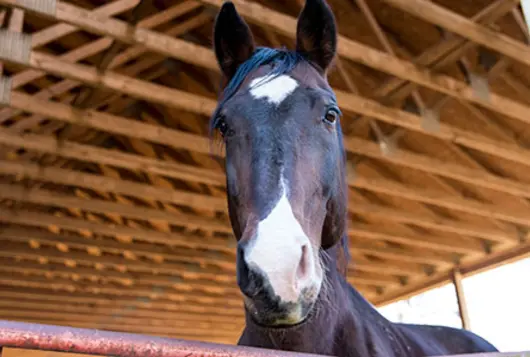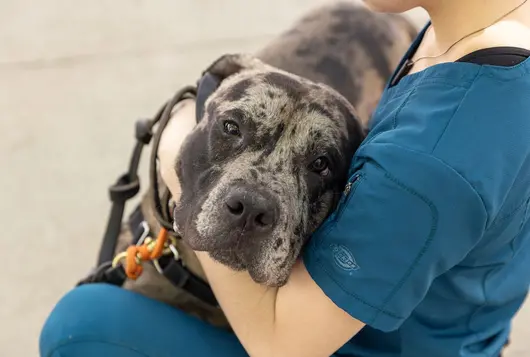Aldicarb Toxicity & Treatment

Aldicarb is a “hot” carbamate pesticide that is not approved for household use in this country, but it is manufactured in Mexico and the Dominican Republic and often imported illegally, especially to New York City.
Aldicarb is also called Tres Pasitos – Spanish for “three little steps” because of the urban legend that mice take three steps and then die after ingesting the poison. While not approved for household use, Aldicarb is used in agricultural settings in the U.S.
Carbamates competitively inhibit acetylcholinesterase by binding to its esteric site. The inhibition is reversible, which allows a spontaneous regeneration of the enzyme. Aldicarb causes a rapid onset of signs and is highly toxic – the LD50 for aldicarb in mice is 0.9 mg/kg.
Aldicarb can cause both muscarinic (hypersalivation, vomiting, diarrhea, lacrimation, urination, dyspnea secondary to increased bronchial secretions) and nicotinic (weakness, twitching, tremors, seizures, respiratory paralysis and death) signs.
Treatment Options
Even if owners seek prompt medical attention for their pets, the ASPCA Poison Control reports that many pets will die en route to the hospital or shortly after arrival before lifesaving treatments can be instituted.
Decontamination is typically not indicated as the signs have a rapid onset and the aldicarb is typically very rapidly absorbed.
Treatment consists of giving atropine to control the muscarinic signs at 0.1-0.2 mg/kg ¼ IV and the rest IM. High-dose atropine should be given for severe bradycardia and to control the increased bronchial secretions.
Fluids should be given for supportive care, but avoid high rates of fluids, which can contribute to increased bronchial secretions. Diazepam can be used to control seizures. Symptomatic and supportive care is recommended.
More Lifesaving Resources
We have lots more on this subject:




